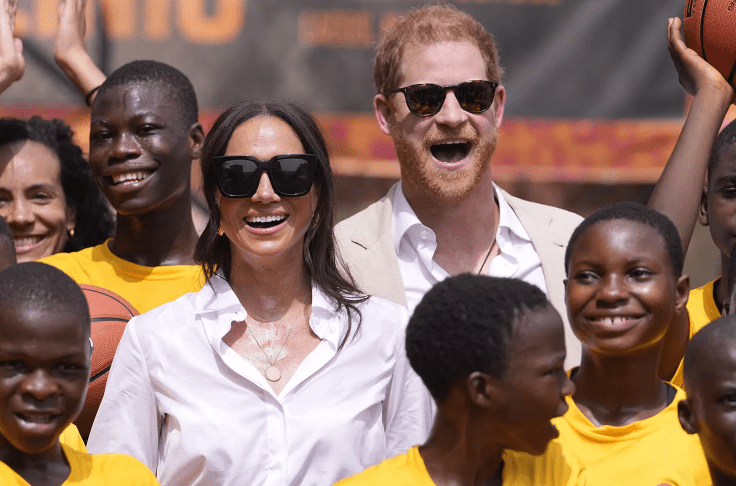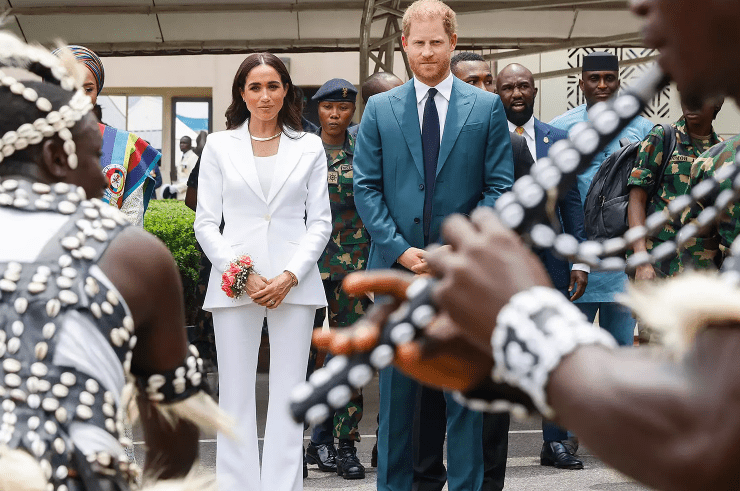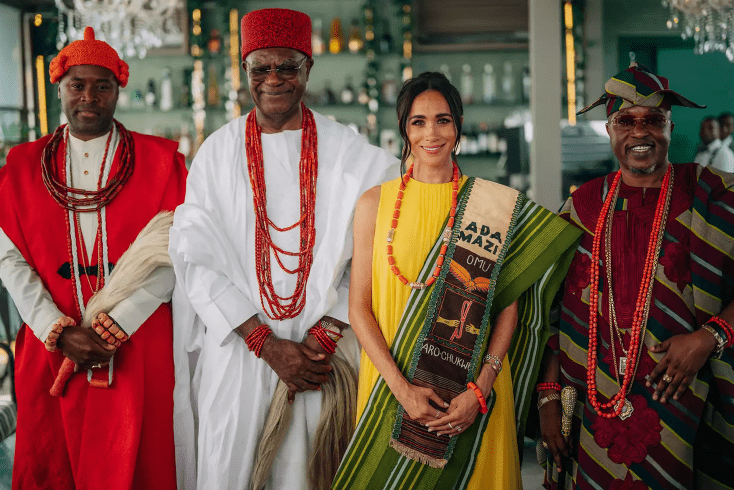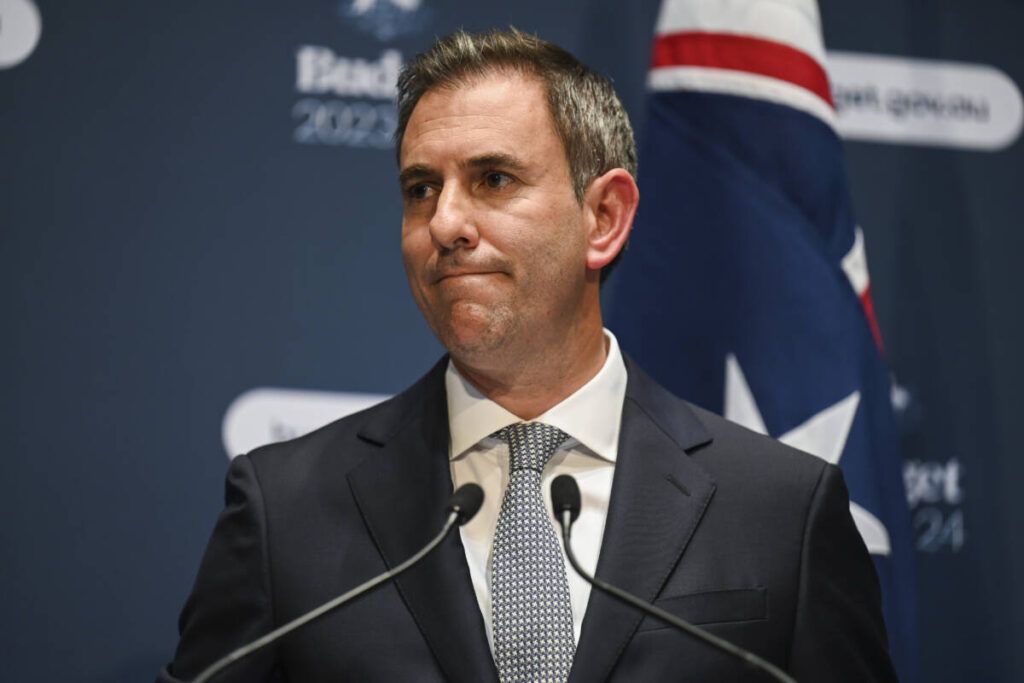In a heartfelt journey to Nigeria, Meghan Markle and Prince Harry opened up about their impactful three-day tour, offering a glimpse into their personal connection and mission-driven endeavours.
The former royals embarked on a whirlwind trip that saw them visiting Nigeria’s military headquarters and championing the Invictus Games, a cause close to Prince Harry’s heart.
“These trips are about us being able to go out and go and focus on the things that mean so much to us. And being able to be on the ground, to us, is what it’s all about,” Harry told People, highlighting the importance of their hands-on approach.

Meghan echoed this sentiment, emphasising the significance of personal interaction. “It’s really meaningful. Just being able to connect to people…that’s what makes it special.”
This connection was deeply personal for Meghan, who previously discovered through a genealogy test that she is 43% Nigerian. This revelation struck a chord with her, adding layers of meaning to the trip.
She expressed a profound sense of belonging, referring to Nigeria as “my country.” On Mother’s Day, she reflected on the joy of learning about her heritage, which she cherishes sharing with her children.
“That’s such a special thing as a mother to know you can do,” she said.
The couple began their tour on May 10 at Lightway Academy in Abuja, where they were met with eager students. Prince Harry, 39, addressed the importance of acknowledging difficult times, reassuring the students that it’s “okay not to be okay.”

Meghan, 42, shared a touching story about her daughter Lilibet, who recently told her, “Mama, I see me in you.” Meghan found this sentiment mirrored in the students, stating, “Looking around this room, I see myself in all of you as well.”
While the scene was reminiscent of their 2019 African tour, this visit was different. No longer “working royals,” Meghan and Harry were on a mission of their own making. Yet, the echoes of their past royal duties were unmistakable.
Their visit came at the invitation of Nigeria’s chief of defense staff, General Christopher Musa, with much of their itinerary centered around the Invictus Games.
They visited Nigeria Unconquered, an Invictus-affiliated charity that uses adaptive sports to empower wounded service personnel.

Prince Harry also made an emotional stop at a military hospital in Kaduna, where he knelt by soldiers’ bedsides, listening to their stories with deep empathy, a gesture reminiscent of his late mother, Princess Diana.
“Be strong,” he encouraged them, highlighting the “transformative power” of sports.
“That experience of knowing what life, post-injury, is like gives people so much hope. And hope, hope, hope is a huge part of this,” he said.
For Meghan, a standout moment was a panel discussion on women and leadership with Dr. Ngozi Okonjo-Iweala, director-general of the World Trade Organization.
Dr. Okonjo-Iweala recognised the pressures Meghan faces in the public eye.
“She’s a role model for young women,” Dr. Okonjo-Iweala said. “She’s a woman who is not in an easy position, and people are looking to see how is she managing and navigating this. That’s one of the things she brings: inspiration. You can see in spite of that, she’s a cheerful, warm personality, and everybody in the room took to her.”
Their Nigerian tour was more than a series of public engagements; it was a deeply personal voyage that underscored their commitment to making meaningful connections and championing causes they hold dear.

